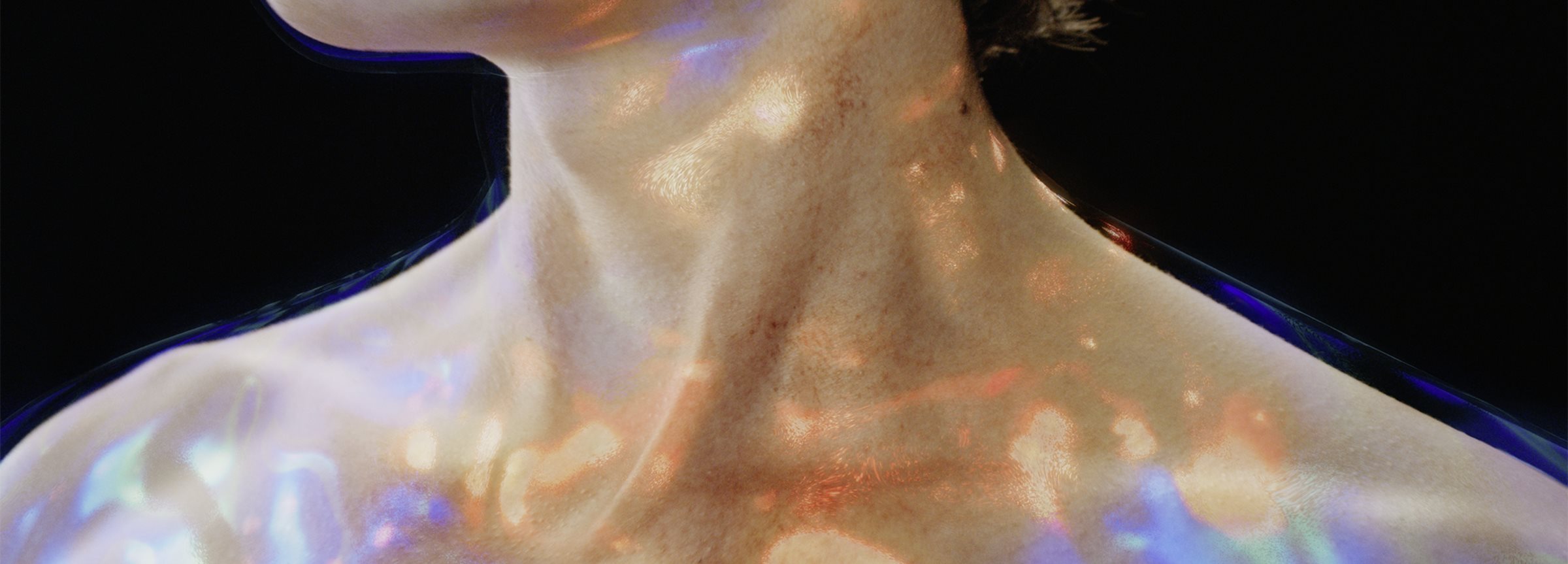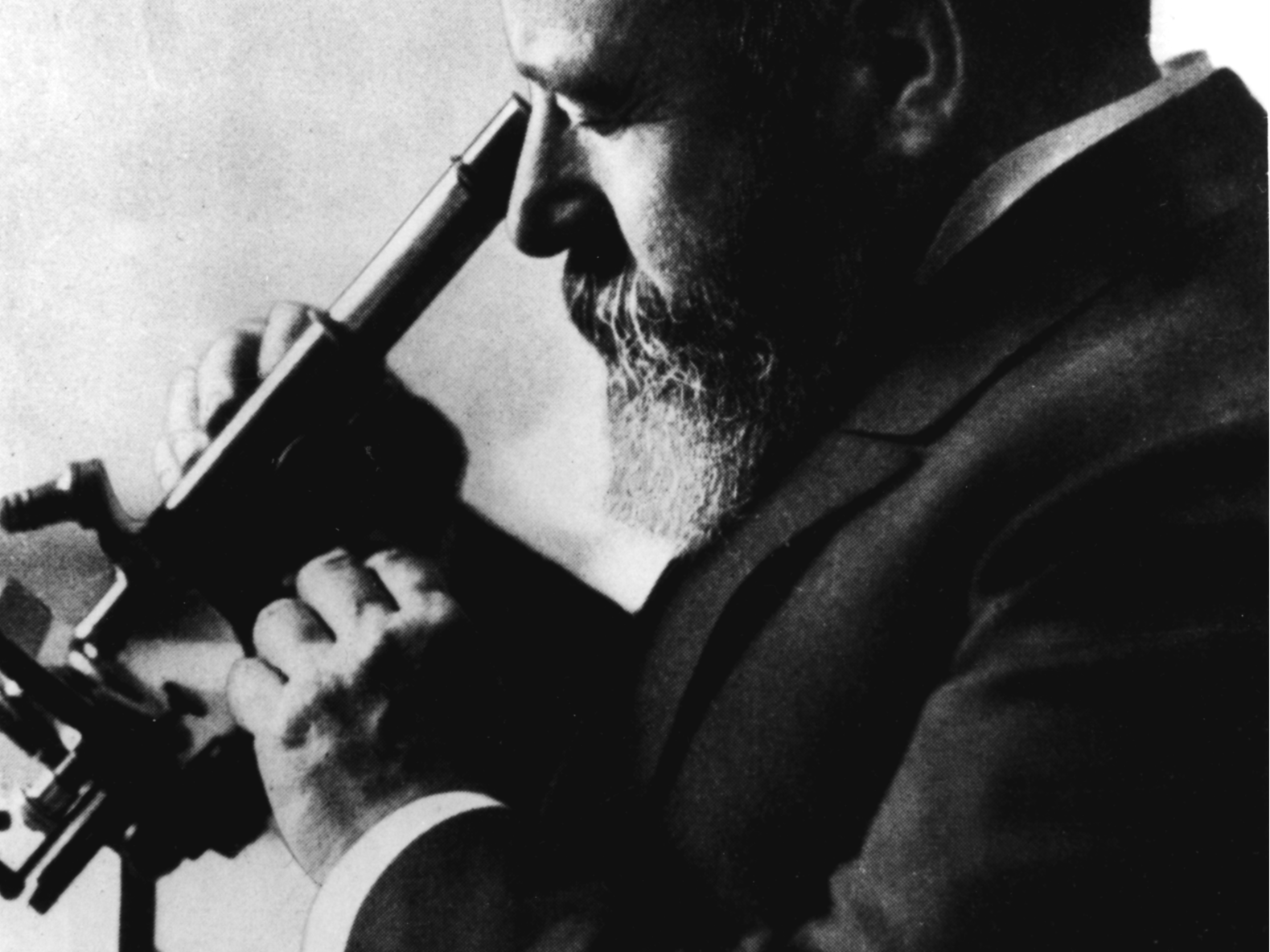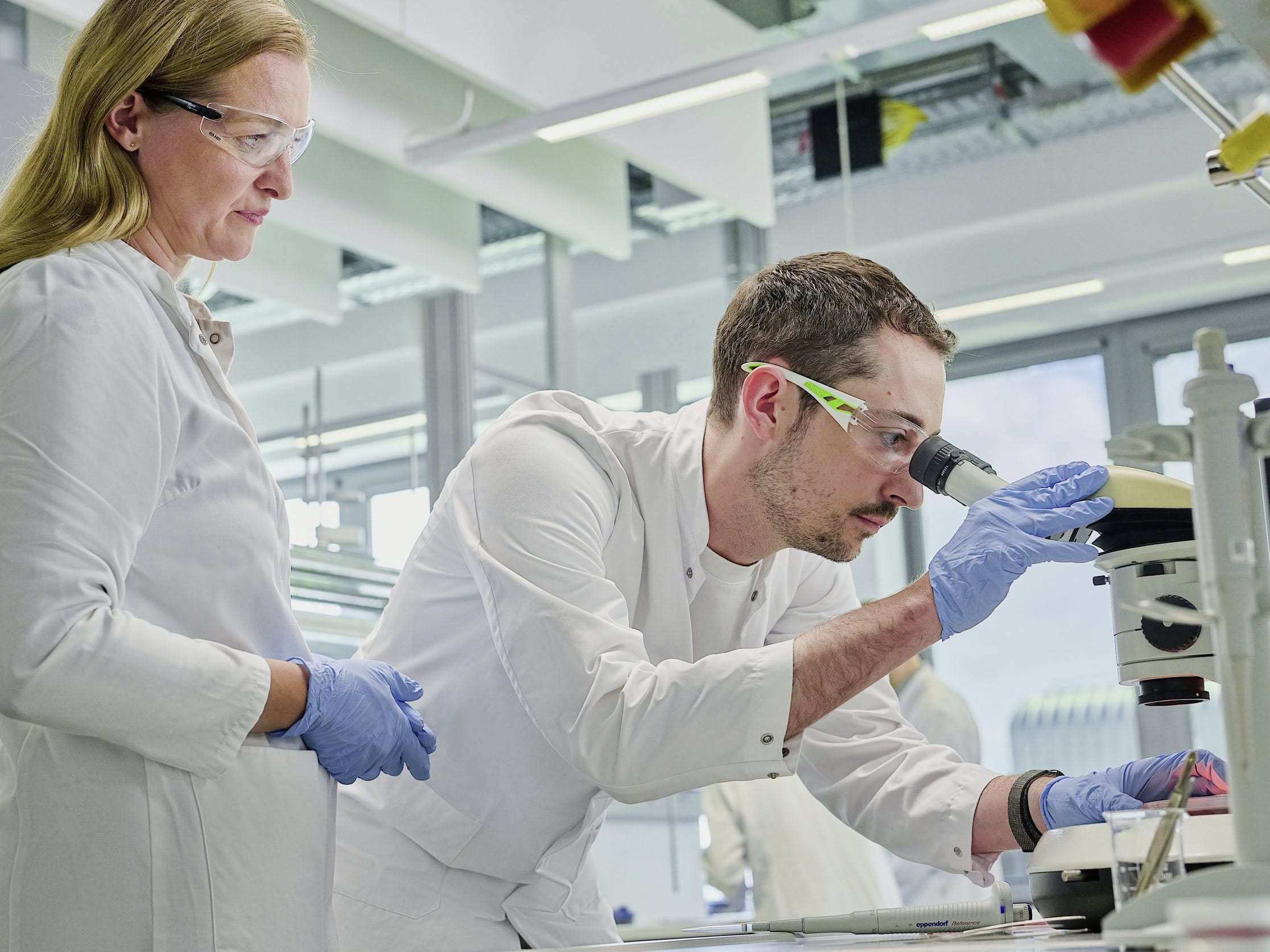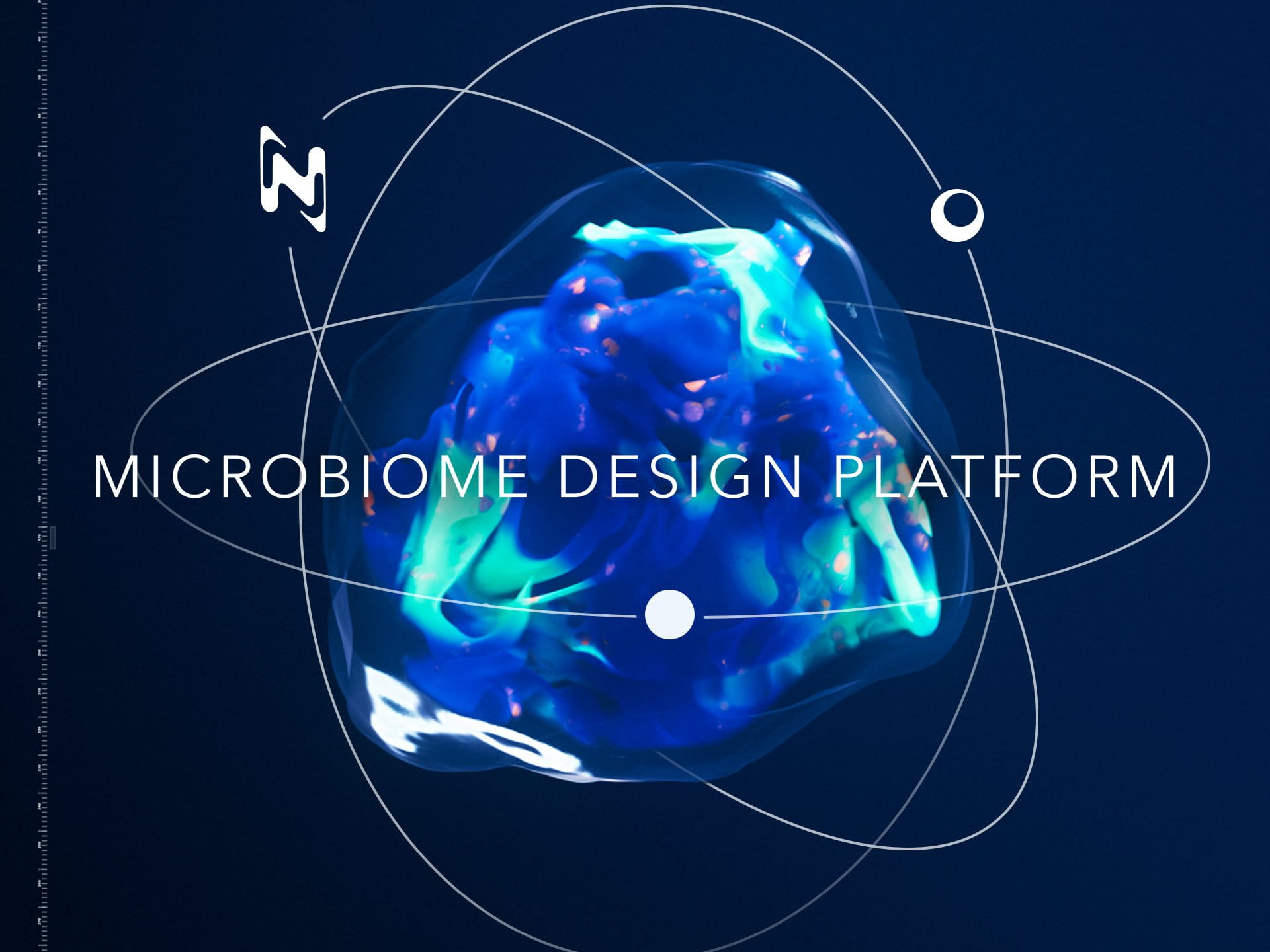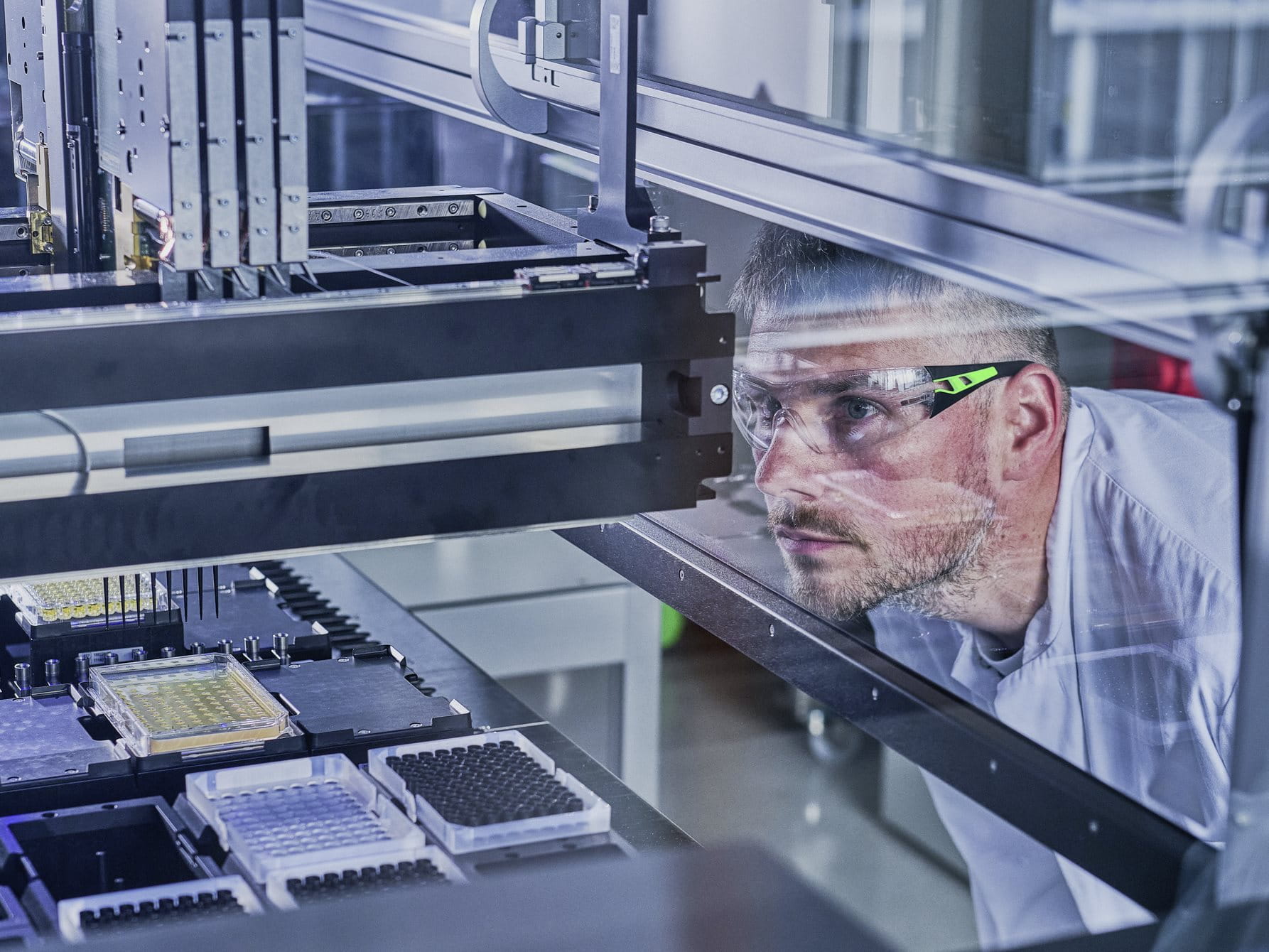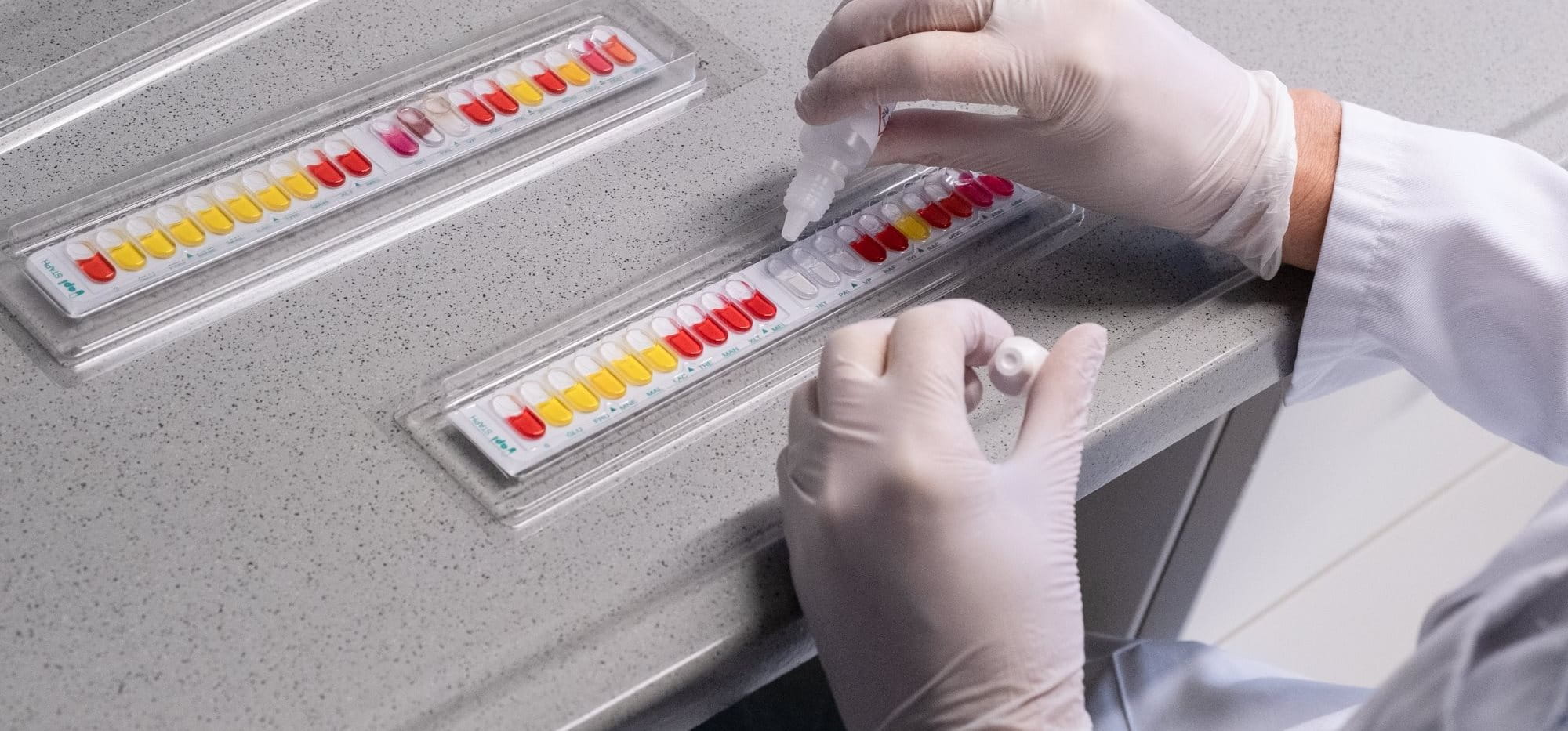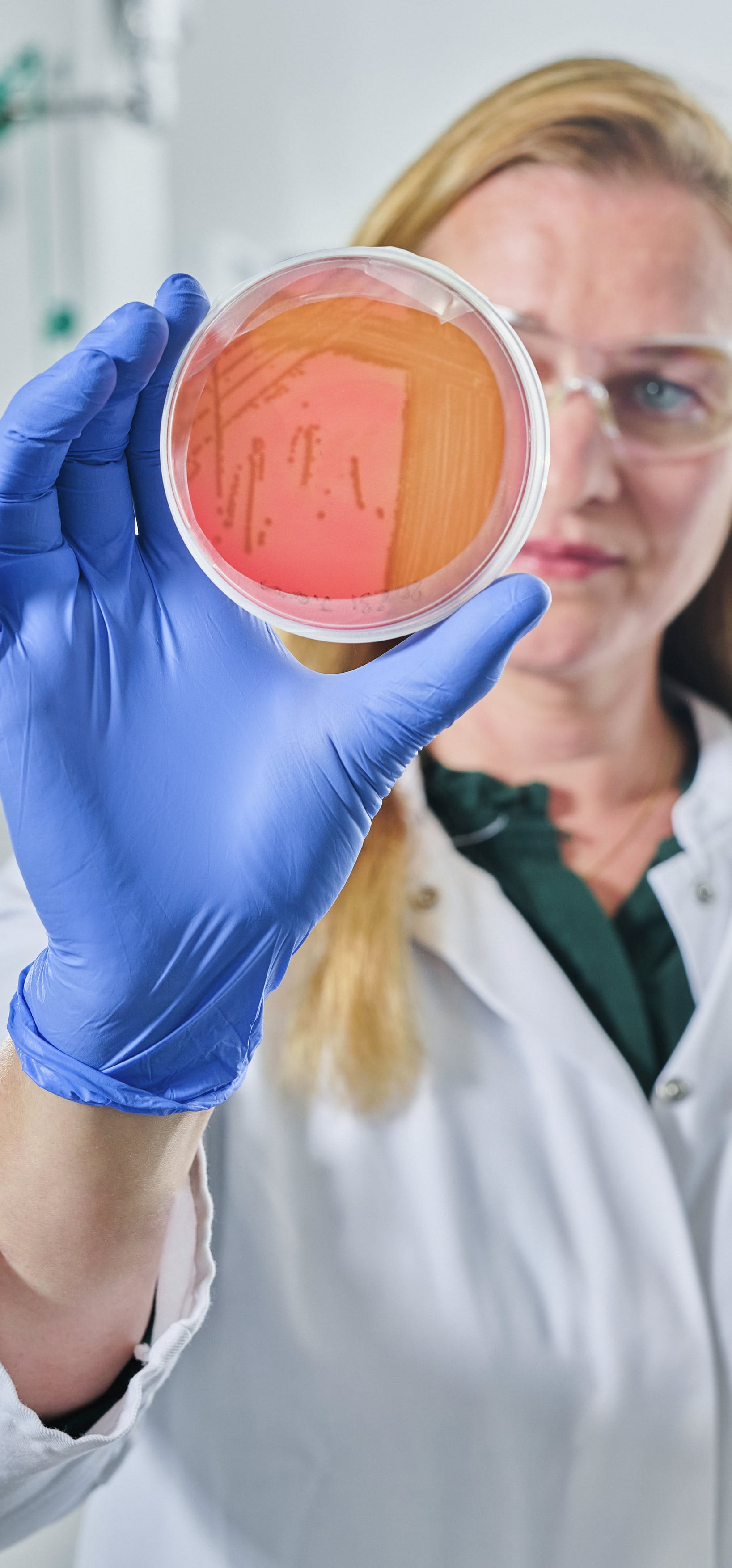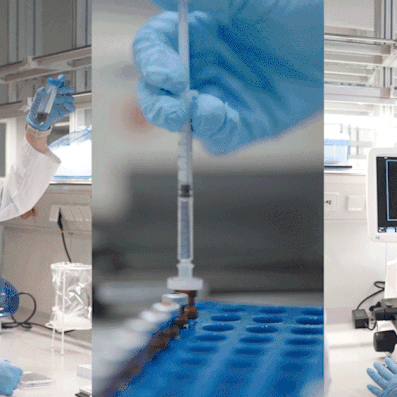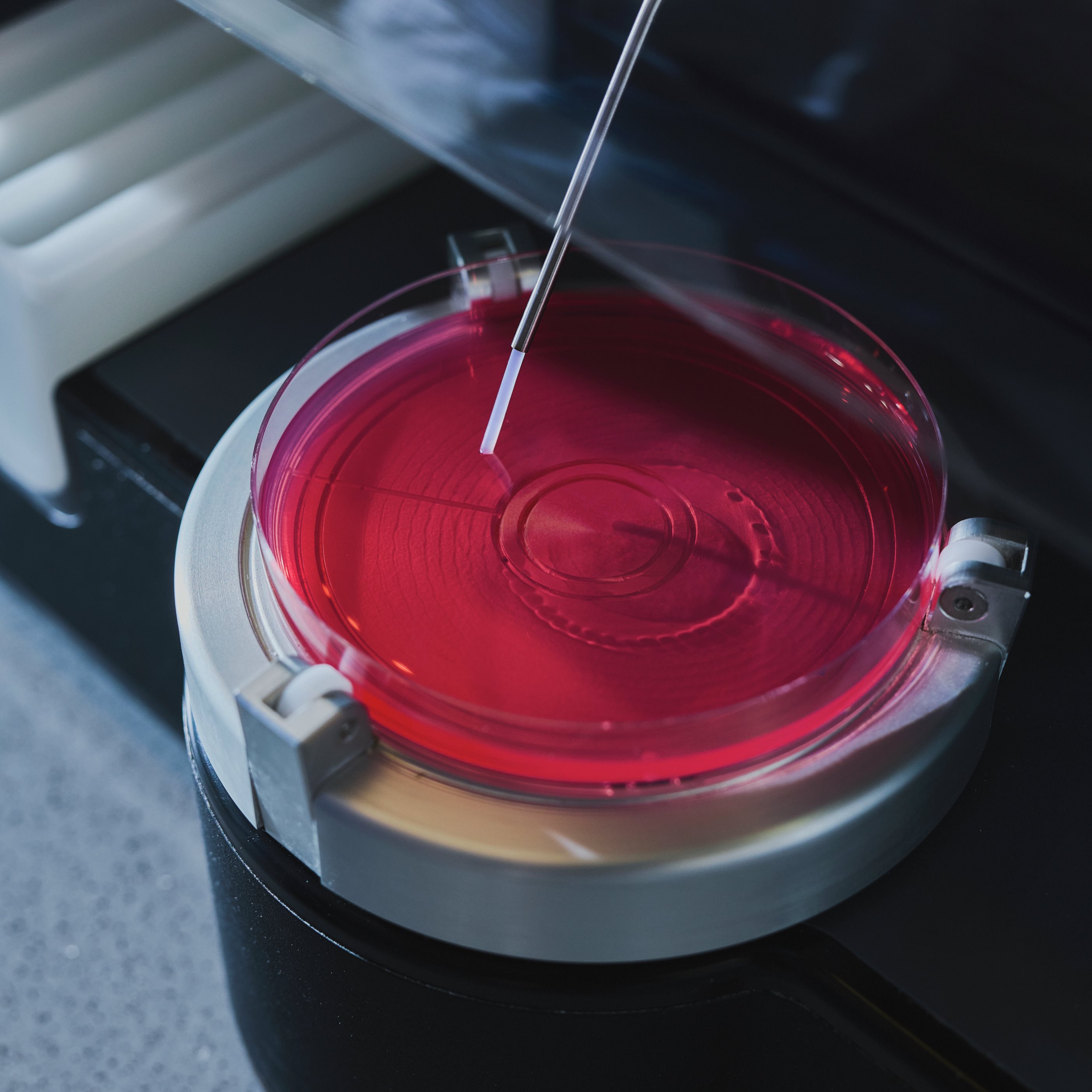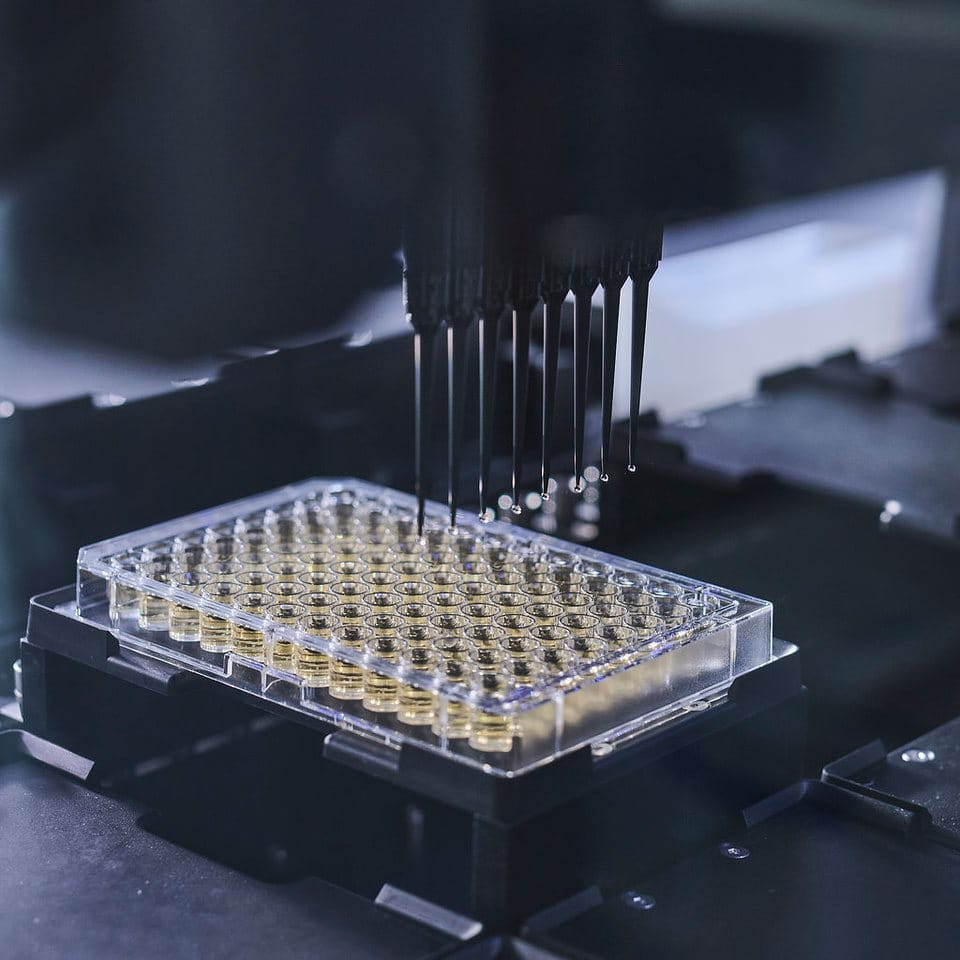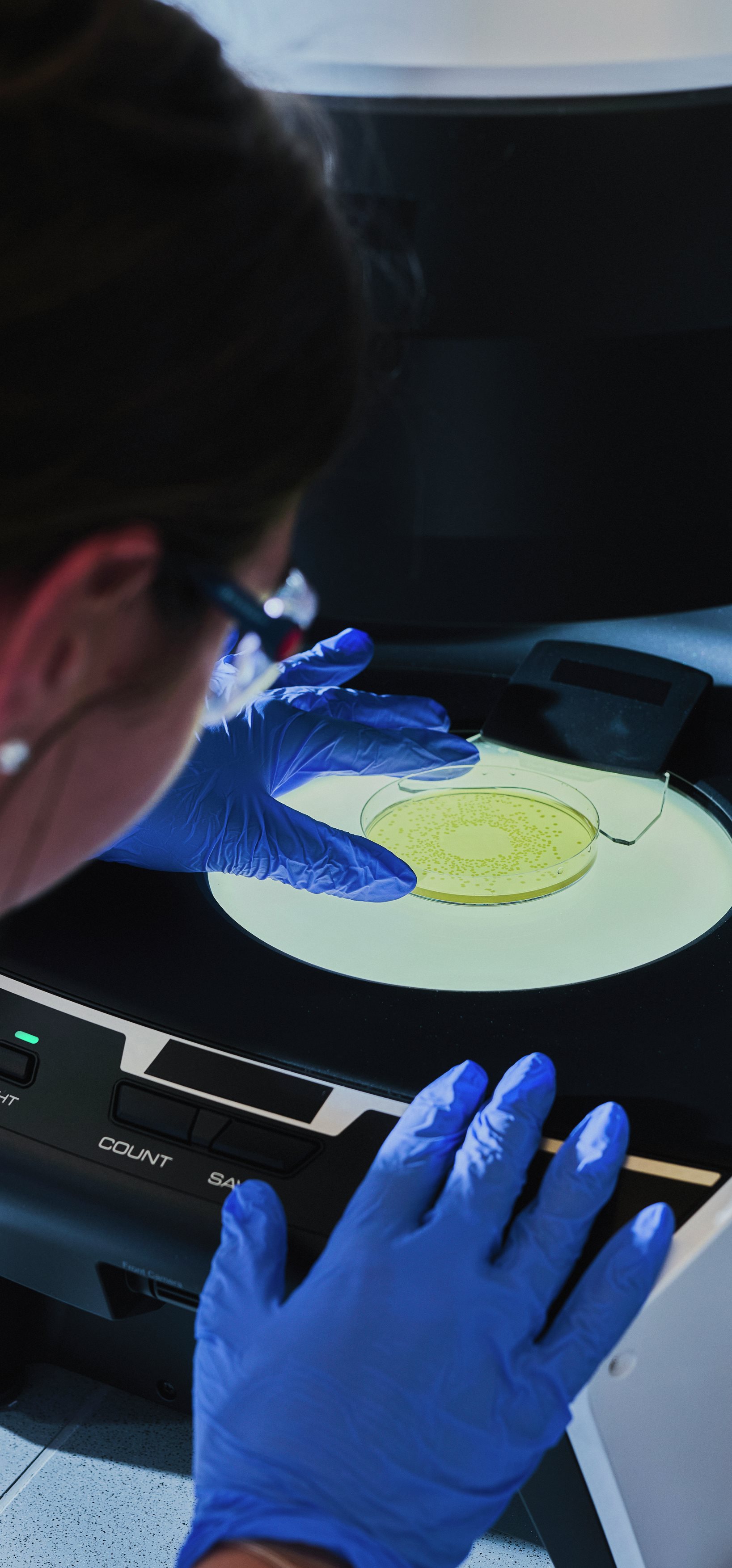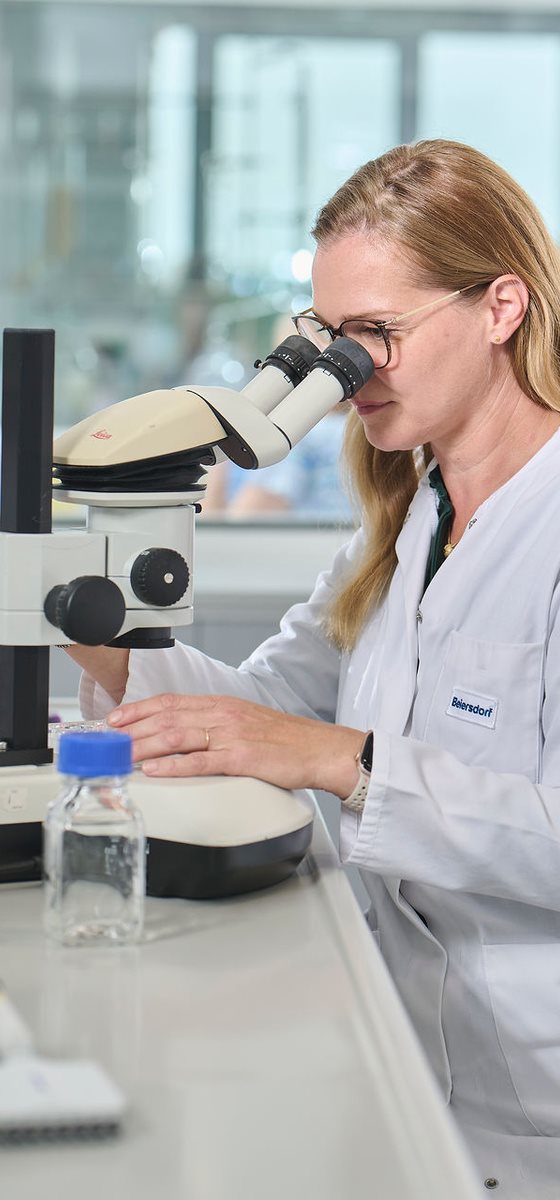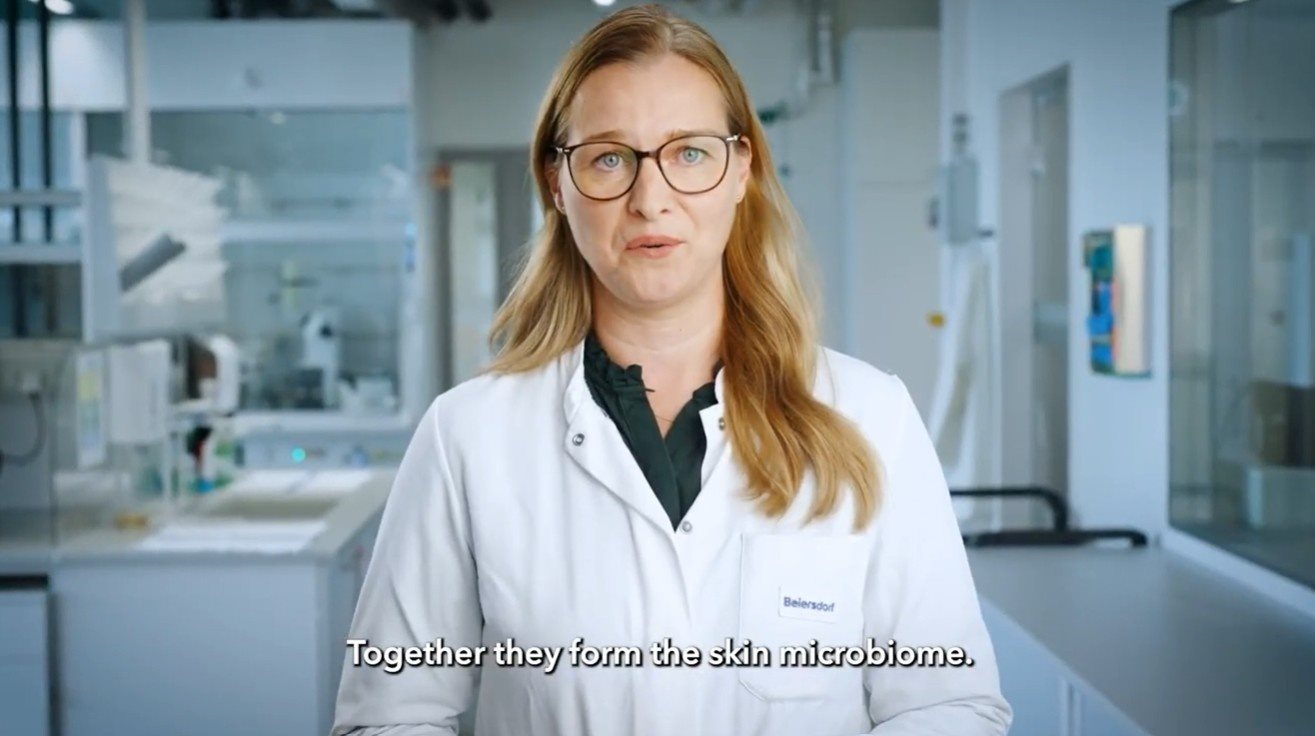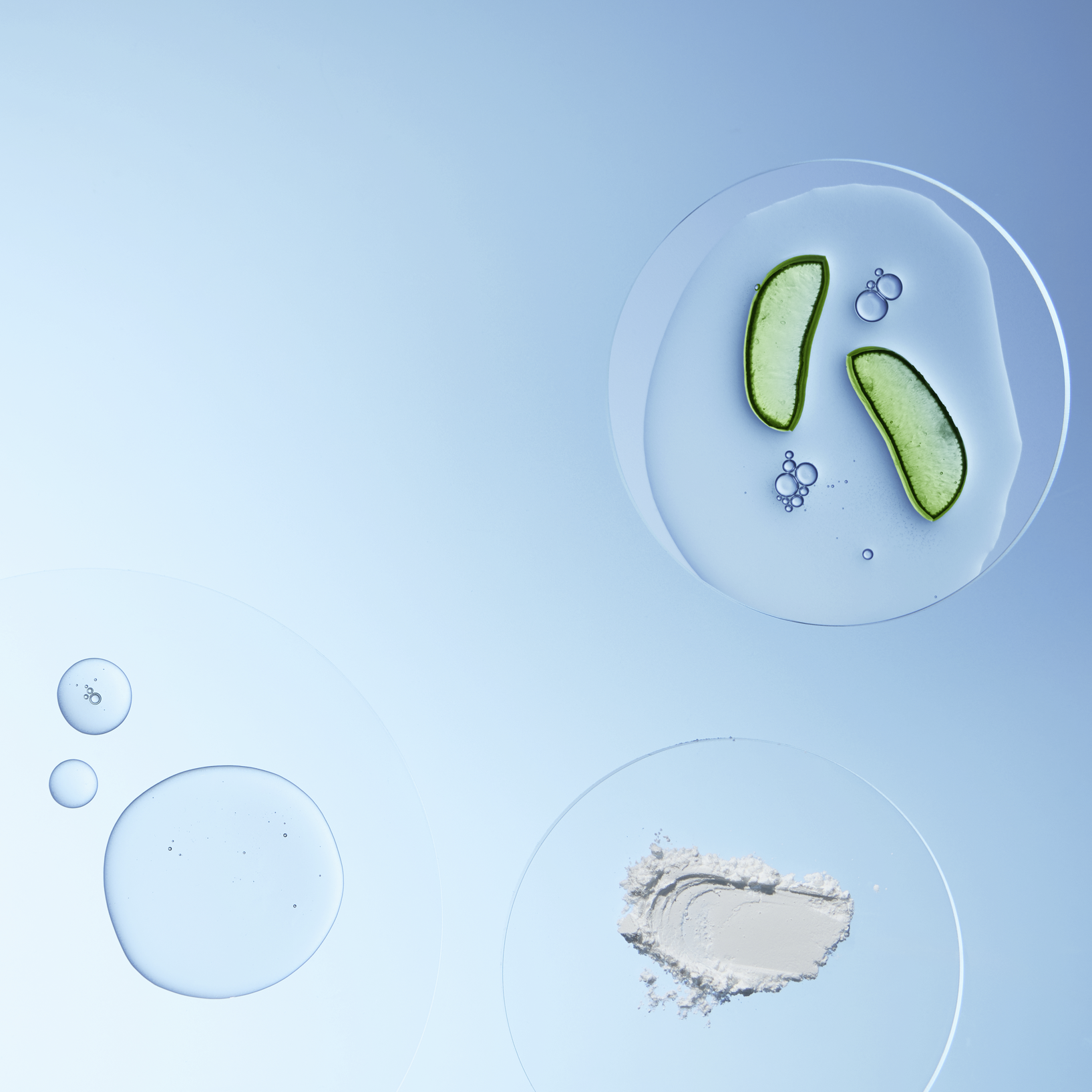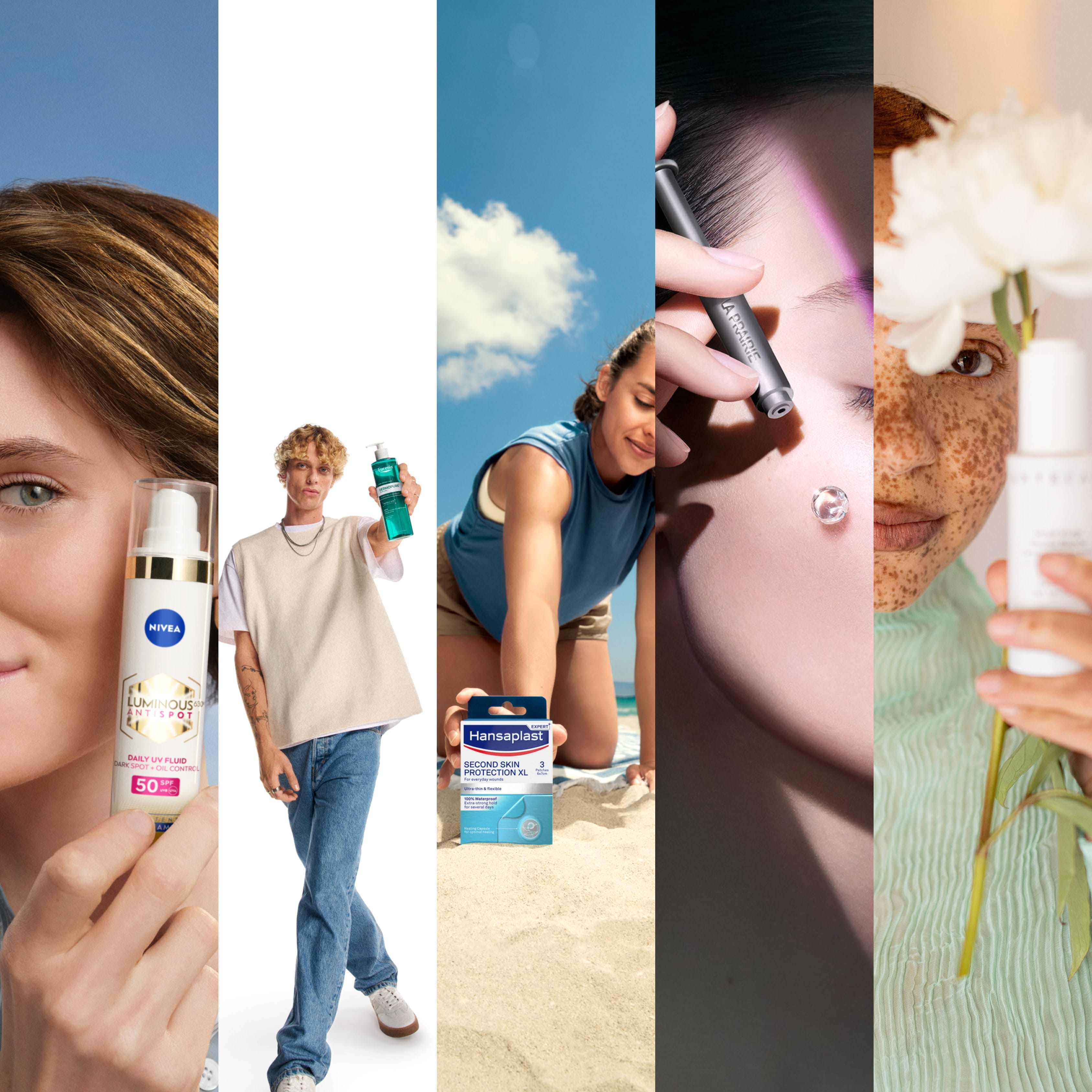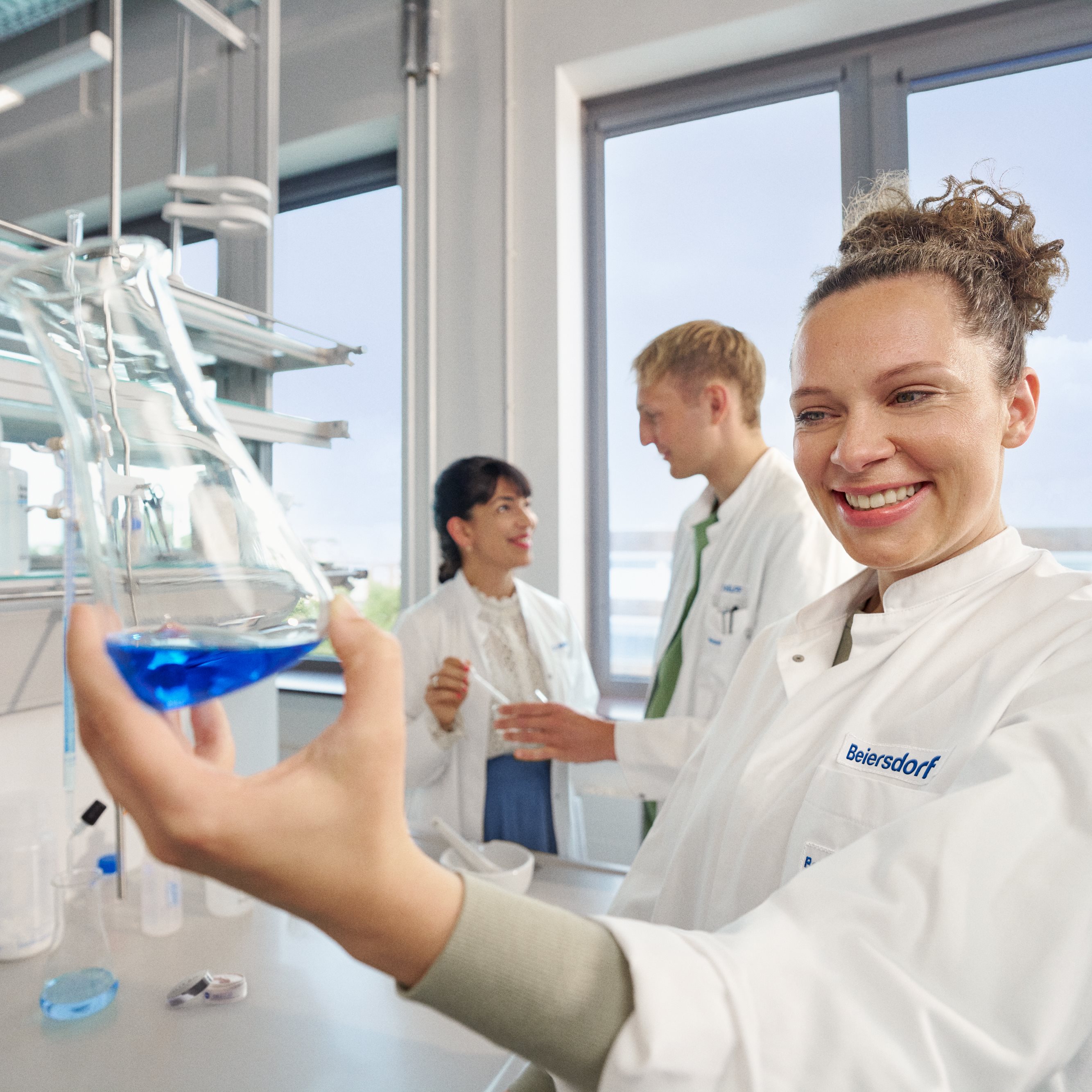With an area of around two square meters, our skin is our largest organ. Billions of microorganisms live in symbiosis with it and form the skin microbiome. This acts like a smart protective shield against external influences. But balance is key: when there is an overgrowth of certain microorganisms and the composition of the skin flora shifts too much, this imbalance can be reflected in our skin’s condition. Skin issues can occur. That’s why rebalancing the skin microbiome and its bacterial diversity is essential. This is where we come in: Leveraging our expertise in microbiome research, we develop pioneering skin care solutions that have the potential to redefine how we care for our skin – science-based and effective.

